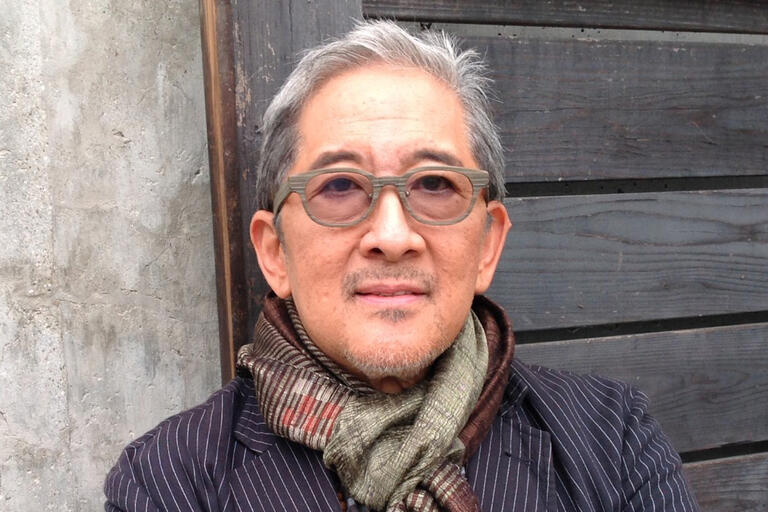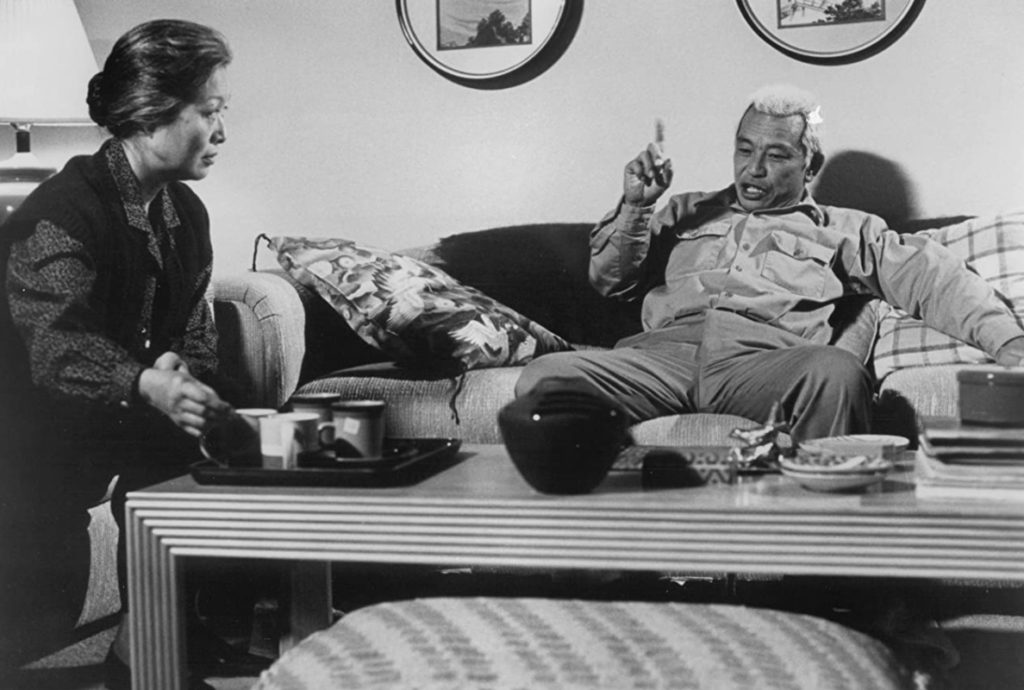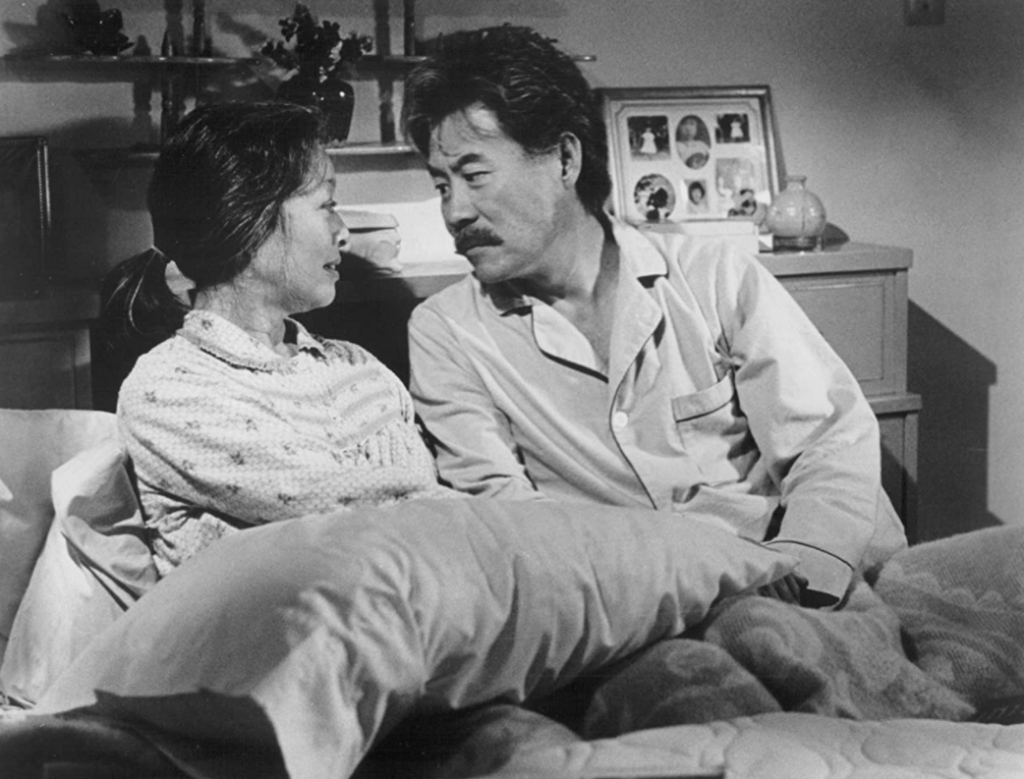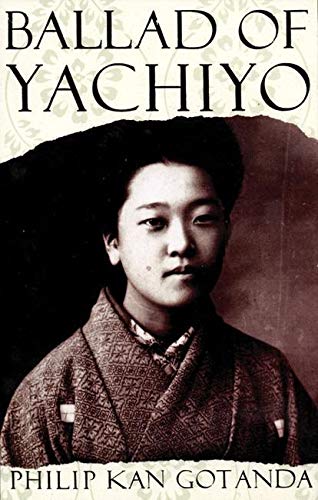
Biography
Philip Kan Gotanda has been a majorly influential voice in bringing Asian stories to American theatre. Mr. Gotanda’s plays include The Wash, Yankee Dawg You Die, The Dream of Kitamura, No More Cherry Blossoms and Fish Soup and Other Plays. His works have been produced most notably at the American Conservatory Theater, Berkeley Repertory Theatre, East West Players, Playwrights Horizons, and the Asian American Theater Company. Mr. Gotanda is an award-winning playwright playwright and filmmaker with awards including the Pew Trust Award, John D Rockefeller 3rd Award, Lila Wallace Award, National Endowment for the Arts Award, East West Players’ Visionary Award, and the Asian American Theater Company Life Time Achievement award. Mr. Gotanda has a Bachelor of Arts degree in Japanese Art from the University of California – Santa Barbara, and a law degree from the University of California, Hastings College of Law. He has also studied pottery in Japan with the late Hiroshi Seto and is an independent filmmaker who has had his films entered into the Sundance Film Festival. In addition, he is a UC Berkeley Arts Center Fellow in Theater, a Sundance Theater Fellow, and a part of the Sundance Film Fellow Program. He currently serves as a professor and Department Vice Chair in the Department of Theater Dance and Performance Studies at the University of California – Berkeley.
Career Highlight
Mr Gotanda is one of the recent recipients of the inaugural Legacy Playwrights Initiative Award in December of 2020. This award aims to honor older playwright voices and provide opportunity for them to be rediscovered.
The Wash
- Genre: Drama
- Breakdown:
- 3M Japanese, 5W Japanese
- Synopsis:
- Set in 1985, Nobu and his wife, Masi, who despite being separated from him, continues to come to his house each week to pick up his dirty laundry and return the previous week’s wash. As Masi attempts to move on from their marriage, Nobu struggles to accept Masi’s decision and move on with his own life. As both characters meet someone new, they must cope with their feelings as they struggle with family matters and continue to see each other every week for the wash.
- Development/Production History:
- 1985 Eureka Theater, World Premiere. San Francisco, CA.
- 1985 New Plays Festival, Mark Taper, Los Angeles, CA
- 1987 North West Asian American Theater, Seattle, WA.
- 1990 ESIPA Theater Company, New York, NY.
- 1991 Mark Taper Forum, Los Angeles, CA.
- 1991 Manhattan Theatre Club, New York, NY.
- 1994 Studio Theatre, Washington D.C.
- 2000 Teoriza Theatre, Tokyo, Japan.
- 2001 East West Players, Los Angeles, CA.
- 2001 Manoa Valley Theater Company, Honolulu, HI.
- Weblink to purchase play from publisher:
- Photos from production:


The Ballad of Yachiyo
- Genre: Drama
- Breakdown:
- 3M Japanese, 4W Japanese
- Synopsis:
- Set in 1919 Hawaii, sixteen-year-old Yachiyo is sent by her field working family to board with a jaded pottery artist, Hiro Takamura, and his wife to learn proper Japanese manners and traditions. As Yachiyo goes through puberty, a sexual awakening occurs in her and her feelings for Takamura blossom. As Yachiyo navigates the world of pottery, womanhood, and love, her story tragically unfolds. The play is based on Gotanda’s ancestor.
- Development/Production History:
- 1990 Commissioned by South Coast Repertory Theatre, Costa Mesa, CA
- 1994 South Coast Repertory Theatre Workshop, Costa Mesa, CA.
- 1995 Berkeley Repertory Theatre, Berkeley, CA.
- 1996 South Coast Repertory Theatre, World Premiere. Costa Mesa, CA.
- 1997 Seattle Repertory Theatre, Seattle, WA.
- 1998 Radio Play version, Writer/Director. Los Angeles Theater Works, Venice, CA.
- 1998 New York Shakespeare Festival, The Public Theater, New York, NY.
- 2000 The Royal National Theater/ The Gate Theater, London, England.
- 2003 The Tsunami Theater, Washington D.C.
- 2004 New York Theater Company, New York, NY.
- Weblink to purchase play from publisher:
- Photos from production:


- Plays
- 1979 The Avocado Kid or Zen In The Art Of Guacamole
- 1980 A Song For a Nisei Fisherman
- 1981 Bullet Headed Birds
- 1982 American Tattoo
- 1982 The Dream of Kitamura
- 1985 The Wash
- 1986 Jan Ken Po co-written with David Henry Hwang, Rick Shiomi
- 1988 Yankee Dawg You Die
- 1990 Yohen
- 1991 Fish Head Soup
- 1991 The Quilt Plays: Beans, One Act
- 1993 Day Standing on Its Head
- 1994 in the dominion of night
- 1995 Ballad of Yachiyo
- 1999 Sisters Matsumoto
- 2002 floating weeds
- 2002 The Square (Collection of Plays): The Old Man
- 2003 The Wind Cries Mary
- 2004 A Fist of Roses
- 2005 Manzanar: an American Story
- 2007 After the War
- 2005 Under The Rainbow: 2 One-Act Plays. Natalie Wood is Dead and White Manifesto or Got Rice
- 2010 The DNA Trail: Child is Father to Man
- 2011 Love in American Times
- 2011 I Dream of Chang and Eng
- 2012 Shinsai Project. Child is the Father to Man
- 2013 Hell Scream
- 2014 After the War Blues
- 2014 The I-Hotel
- 2014 The Jamaican Wash Project
- 2014 Apricots of Andujar
- 2010 #5 Angry Red Drum
- Bibliography
- Benson, Sheila. “MOVIE REVIEW : Marital Issues Examined in ‘The Wash’.” Los Angeles Times, Los Angeles Times, 7 Oct. 1988, www.latimes.com/archives/la-xpm-1988-10-07-ca-3331-story.html.
- Gussow, Mel. “Wife Is Dutiful Though Separated.” The New York Times, The New York Times, 8 Nov. 1990, www.nytimes.com/1990/11/08/arts/review-theater-wife-is-dutiful-though-separated.html.
- Hwang, David, and Philip Kan Gotanda. “Philip Kan Gotanda by David Henry Hwang.” Philip Kan Gotanda – BOMB Magazine, BOMB Magazine, 1 Jan. 1997, bombmagazine.org/articles/philip-kan-gotanda-1/.
- ITO, ROBERT B., and Philip Kan Gotanda. “Philip Kan Gotanda.” Words Matter: Conversations with Asian American Writers, edited by King-Kok Cheung, University of Hawai’i Press, 2000, pp. 173–186. JSTOR, www.jstor.org/stable/j.ctt6wqrqj.13. Accessed 15 May 2021.
- Marks, Peter. “Of Puppets and Pottery.” The New York Times, The New York Times, 13 Nov. 1997, www.nytimes.com/1997/11/13/theater/theater-review-of-puppets-and-pottery.html.
- Web Resources
- Playwright interviews
- World Premiere play trailers or revival play trailer
- The Wash, film, first ten minutes
- UC Berkeley faculty website
Reflection on Contribution to Anti-Racist Theatre
Philip Kan Gotanda has been majorly influential in bringing Asian stories to American theatre. His works have created many important opportunities for Asian-American theatre artists. His plays deal mostly with Japanese culture in the United States. Gotanda explores intersecting themes of gender, race, culture, and generational divides. Gotanda’s work actively fights stereotypes of Asian-Americans while remaining true to the issues that the community faces regarding racism and balance of cross-cultural identities. His work contributes to the mission of Anti-Racist Theater in its depiction of real-life stories of the Asian-American community’s struggles and the joys that the community maintains. Gotanda’s plays celebrate Asian culture while demonstrating both the conflict and harmony in the Asian-American experience.
Compiled by Claire Glennon, Film, Television, and Theatre, Gender Studies, 2022.